Blog
Press Release: May 28, 2019
The Future Built Upon History
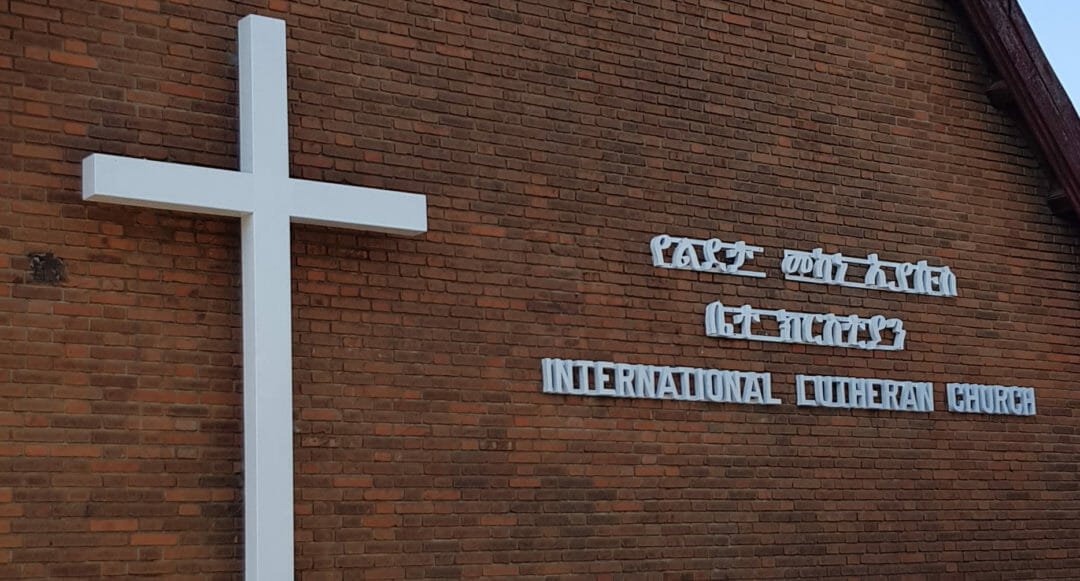
How could Bible translation and pastoral care merge to serve African people better? What started as a tiny kernel of a thought grew and grew.
Between 2015 and 2017, a half-dozen key international church, education, and mission leaders initiated a series of meetings to discuss the potential of training pastoral students in Bible translation. Early in 2018, a small group of people assembled at a seminary in Ethiopia. They talked about Bible translation and its role in the future of Africa.
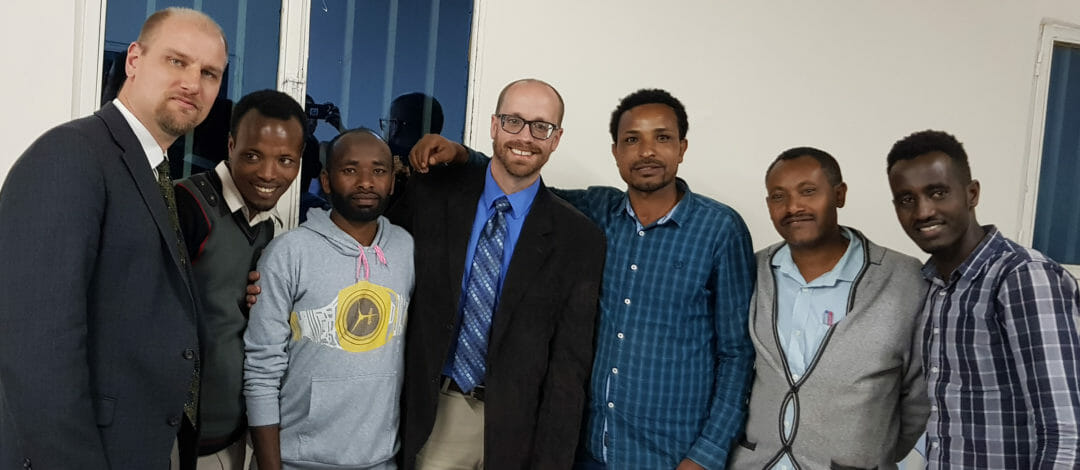 By February 2019, when they met again, the small group had expanded and so had the project. The Ethiopian Evangelical Church Mekane Yesus (EECMY) church leaders, Mekane Yesus seminary program directors, and key Lutheran Bible Translators staff had been involved from the start. This time, the Bachelor of Theology students enrolled in the Bible translation track within the program also participated.
By February 2019, when they met again, the small group had expanded and so had the project. The Ethiopian Evangelical Church Mekane Yesus (EECMY) church leaders, Mekane Yesus seminary program directors, and key Lutheran Bible Translators staff had been involved from the start. This time, the Bachelor of Theology students enrolled in the Bible translation track within the program also participated.
A long tradition
“The history of Bible translation is the history of the church,” said Solomon Haile, Manager of the Comprehensive Planning Bible Translation Program for EECMY. He reviewed Ethiopia’s long history of Bible translation, since as early as the 4th century with the Bible in Ge’ez, the ancient language of the Ethiopian and Eritrean Orthodox church traditions. He spoke of Onesimos Nasib and Aster Ganno, who produced the Afan Oromo language Bible and were instrumental in the growth of the Ethiopian Evangelical church in the 1800’s. After summarizing other Ethiopian language translations that occurred more than a century ago, he shared the more recent work, including the 18 current EECMY translation projects.
The future of translation
The students present at the meeting are members of the first group in the Bible translation track at Mekane Yesus Seminary. The 15 students were selected for this specialty from more than 40 applicants. These seminarians are ministry candidates who are also studying Bible translation mission. They will learn to offer not only pastoral care, but also to facilitate Bible translation in their future parishes where the Bible may not yet be available in the local language. Their great interest and dedication to integrate Bible translation and pastoral care is a tangible outcome of the tiny kernel of thought imagined years earlier.
According to the executive development officer for Lutheran Bible Translators, Dr. Tilahun Mendedo, “What is happening in Ethiopia is mission transformation! Local leaders are empowered, churches are planted, cross-cultural mission is occurring, and servant leadership is developing that enhances the missionary nature of the church.”
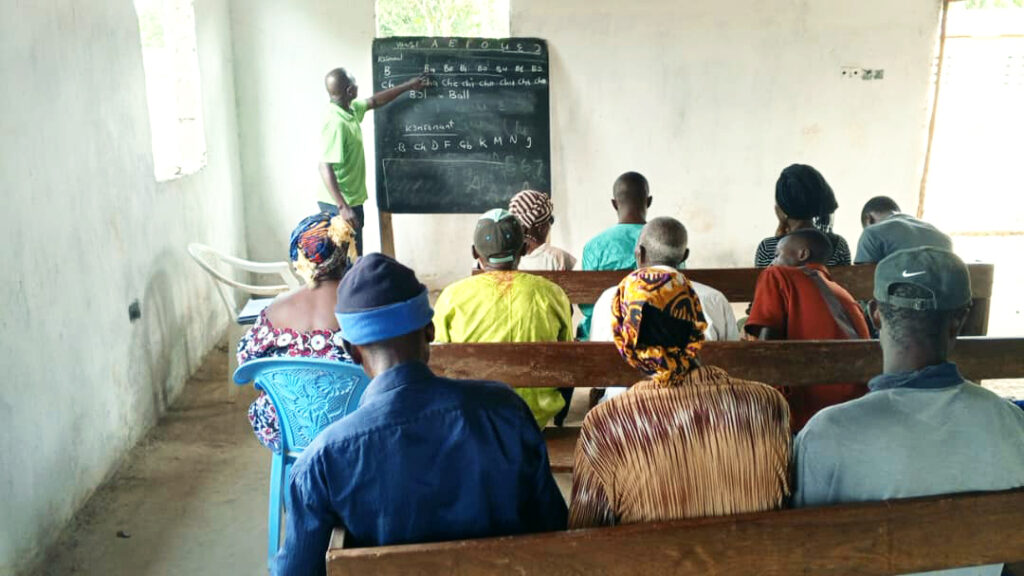
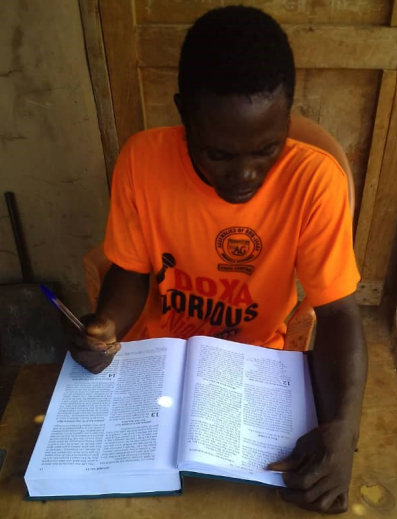
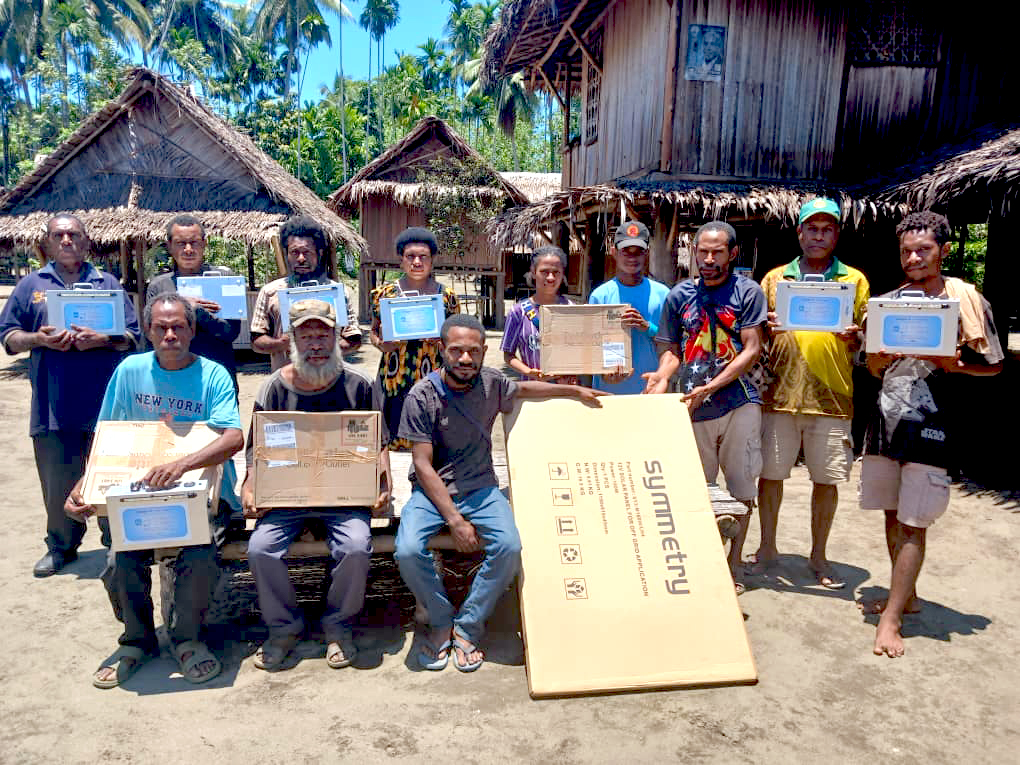
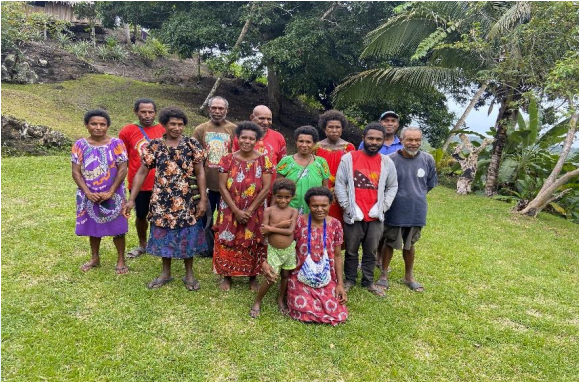

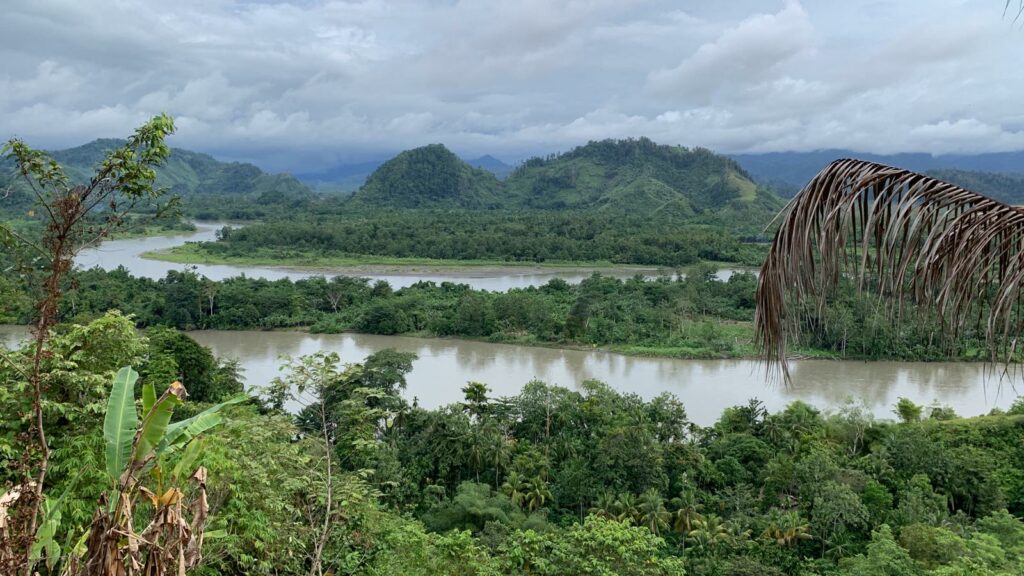
Leave a Reply
You must be logged in to post a comment.